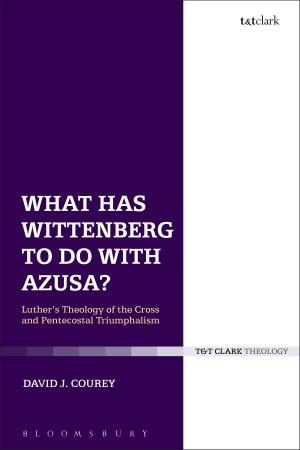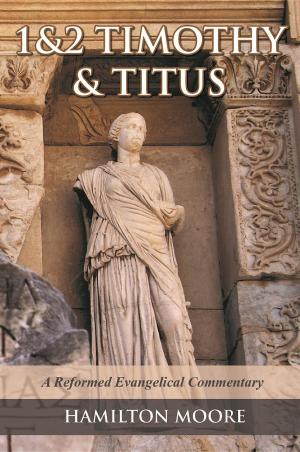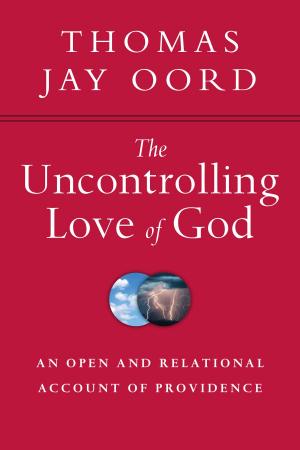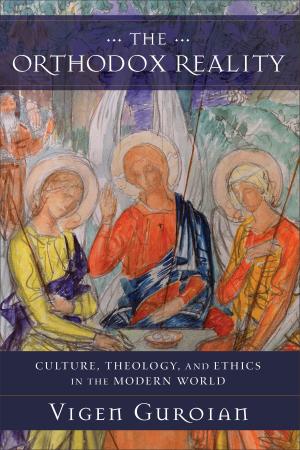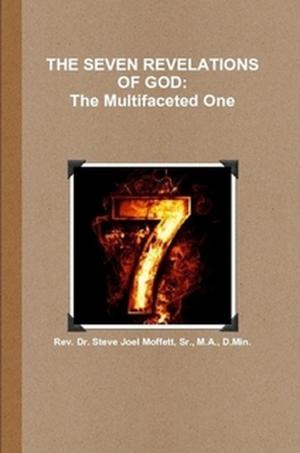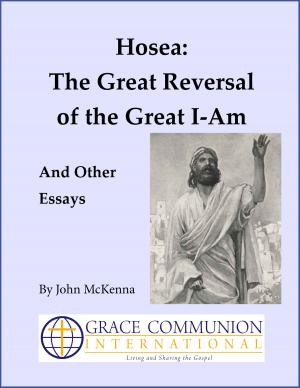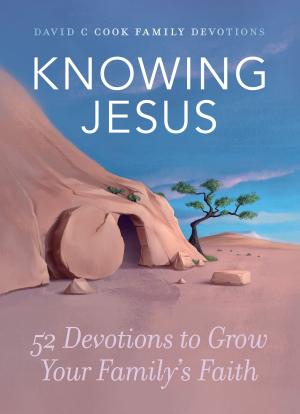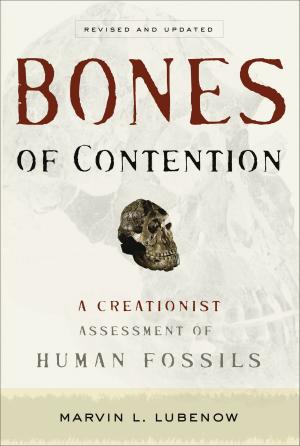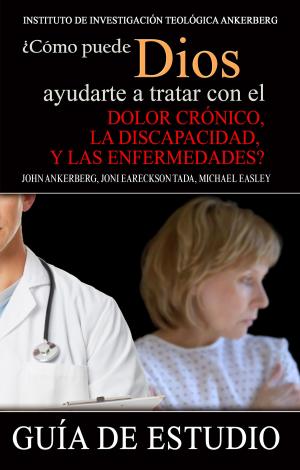MetaChristianity II: Unlocking Salvation Bible Mysteries
Nonfiction, Religion & Spirituality, Christianity, General Christianity, Theology| Author: | Jim Autio | ISBN: | 9781311628367 |
| Publisher: | Jim Autio | Publication: | January 28, 2015 |
| Imprint: | Smashwords Edition | Language: | English |
| Author: | Jim Autio |
| ISBN: | 9781311628367 |
| Publisher: | Jim Autio |
| Publication: | January 28, 2015 |
| Imprint: | Smashwords Edition |
| Language: | English |
This second book of the MetaChristianity books series applies the lessons learned in the first book, How To Unlock Bible Mysteries to a multitude of Bible mysteries related to the understanding of salvation in the Scriptures.
However, please allow me to ask you a fundamental question about your Christian beliefs. Do you even know what salvation is? I am not questioning your salvation here, but I am curious as to whether you can actually define Biblical salvation for me, or for yourself, for that matter? I'll give some help. If you can answer the following questions, then you can probably accurately define Biblical salvation. But if you cannot answer the following questions, it is entirely unlikely that can actually define Biblical salvation. How weird is that?
+ In Jn.3.16 "world" means: "of all humanity, but especially of believers, as the object of God's love" - A Greek-English Lexicon of the New testament and Other Christian Literature, Third Edition - So when exactly could God have "loved the world" (past tense), as in "all humanity", before Christ as an event?
+ Why would Ep.1.10 in the Greek text say, "to bring all things in heaven and on earth together again under one head"? When were "all things … under one head" in the first place?
+ In Mt.11.28 Jesus says in the Greek text, "Come to me, all you who are weary and burdened, and I again will give you rest." When were we at rest the first time?
+ 1Pe.1.18b says, "you were redeemed from the empty way of life". To be redeemed means to purchase back something one has previously owned that is not now owned. When were we previously owned by God?
+ Ro.5.10 says, "when we were God's enemies, we were reconciled to him". To be reconciled means a restoring of a relationship that once was, was broken and is restored. When were we in a relationship with God the first time?
+ Lk.15.4-7 talks of losing one of a hundred sheep, "loses one of them" and "I have found my lost sheep". When were we once one of a hundred sheep before we got lost?
+ In the New Testament two Greek words and their derivatives, sozo and soteria, are primarily translated to convey the sense of "to save" and "salvation". Both mean a restoration to a former state of safety and well being. When were we first in a state of safety and well being?
So, can you answer these questions? Or more to the point, now that you have read these questions do you really think that anyone could accurately define Biblical salvation without first knowing the answers to these Bible mysteries? Maybe you should read this book and find out exactly what Biblical salvation actually is...
This second book of the MetaChristianity books series applies the lessons learned in the first book, How To Unlock Bible Mysteries to a multitude of Bible mysteries related to the understanding of salvation in the Scriptures.
However, please allow me to ask you a fundamental question about your Christian beliefs. Do you even know what salvation is? I am not questioning your salvation here, but I am curious as to whether you can actually define Biblical salvation for me, or for yourself, for that matter? I'll give some help. If you can answer the following questions, then you can probably accurately define Biblical salvation. But if you cannot answer the following questions, it is entirely unlikely that can actually define Biblical salvation. How weird is that?
+ In Jn.3.16 "world" means: "of all humanity, but especially of believers, as the object of God's love" - A Greek-English Lexicon of the New testament and Other Christian Literature, Third Edition - So when exactly could God have "loved the world" (past tense), as in "all humanity", before Christ as an event?
+ Why would Ep.1.10 in the Greek text say, "to bring all things in heaven and on earth together again under one head"? When were "all things … under one head" in the first place?
+ In Mt.11.28 Jesus says in the Greek text, "Come to me, all you who are weary and burdened, and I again will give you rest." When were we at rest the first time?
+ 1Pe.1.18b says, "you were redeemed from the empty way of life". To be redeemed means to purchase back something one has previously owned that is not now owned. When were we previously owned by God?
+ Ro.5.10 says, "when we were God's enemies, we were reconciled to him". To be reconciled means a restoring of a relationship that once was, was broken and is restored. When were we in a relationship with God the first time?
+ Lk.15.4-7 talks of losing one of a hundred sheep, "loses one of them" and "I have found my lost sheep". When were we once one of a hundred sheep before we got lost?
+ In the New Testament two Greek words and their derivatives, sozo and soteria, are primarily translated to convey the sense of "to save" and "salvation". Both mean a restoration to a former state of safety and well being. When were we first in a state of safety and well being?
So, can you answer these questions? Or more to the point, now that you have read these questions do you really think that anyone could accurately define Biblical salvation without first knowing the answers to these Bible mysteries? Maybe you should read this book and find out exactly what Biblical salvation actually is...

